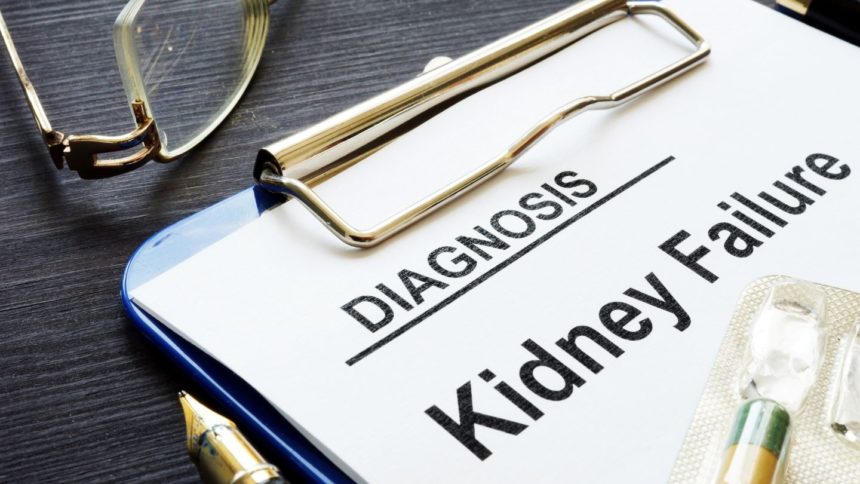
Managing blood pressure and blood sugar may not be enough to slow the progression to end-stage renal disease among those with type 2 diabetes, according to a new study by researchers in Beijing.
Researchers analyzed body-mass index data from more than 158,000 East Asian adults from the BioBank Japan Project and found that higher body-mass index levels were associated with an increased risk of diabetic kidney disease and decreased kidney filtration rate levels in nearly 4,000 people with type 2 diabetes. Body-mass index was not associated with increased levels of protein in the urine. Women with obesity and type 2 diabetes had a greater risk of diabetic kidney disease than men, findings showed.
“People with diabetes and obesity should have their kidneys checked more often as they are at high risk, and while chronic kidney disease has no cure, early detection and obesity treatment could slow the progression to end-stage kidney disease,” said Zhi-Hong Liu, M.D., of Jinling Hospital and Nanjing University School of Medicine in Nanjing, China, who served as the study’s lead author.
The study was published Tuesday in the Endocrine Society’s Journal of Clinical Endocrinology & Metabolism.





